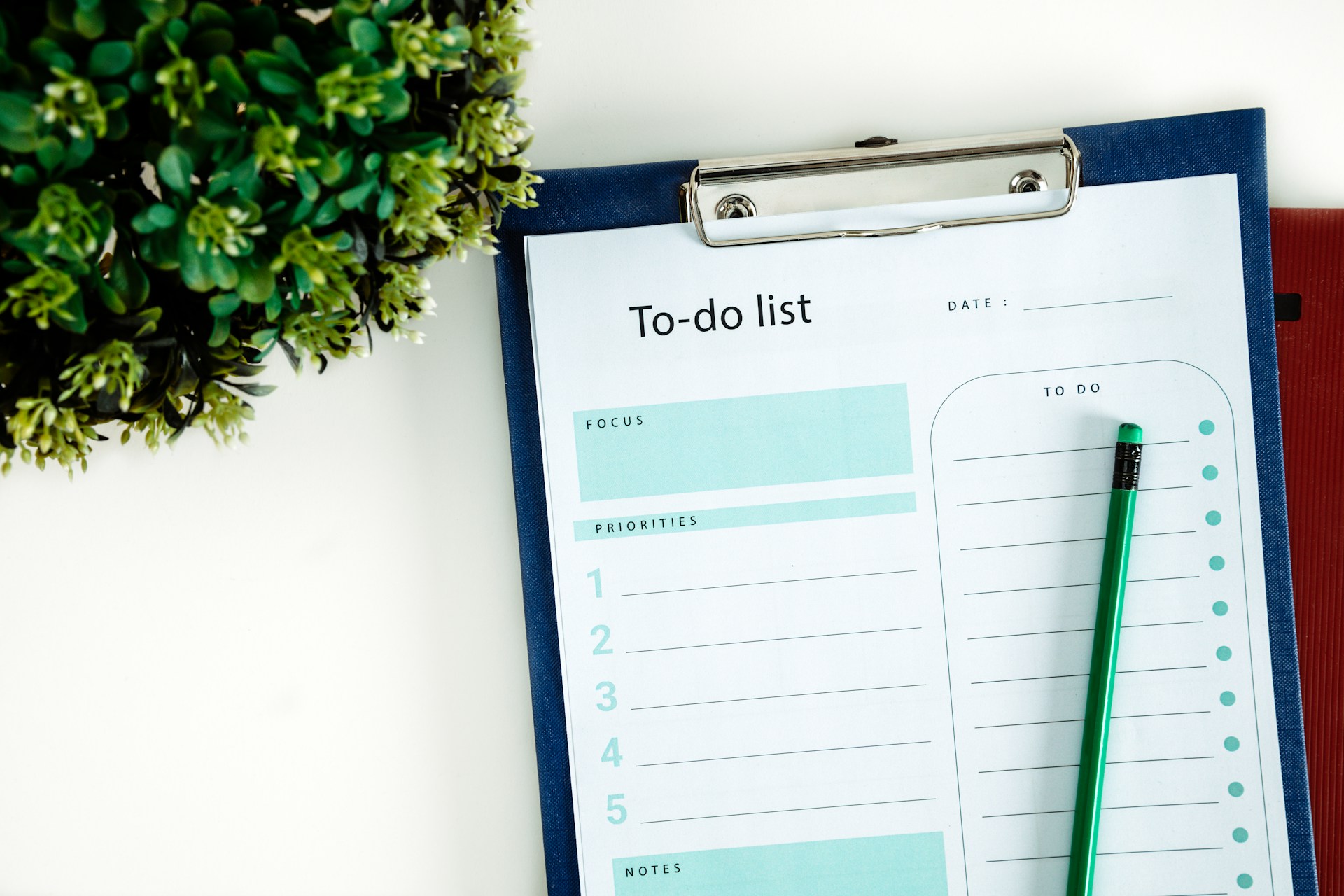Batash Medical in Rego Park, NY is the premier gastroenterology provider dedicated to serving your wellness needs. We understand that undergoing any medical test, such as a colonoscopy, entails questions, and concerns. Dr. Batash and his staff are committed to your support and place your safety and comfort as their top priority.
Our office staff are expert at gastroenterology and endoscopic care. We will assist you throughout the entire process, from consultation to follow up care. Rather than be overwhelmed by a busy and unfamiliar hospital, our boutique-style practices are designed to create a sense of one on one support. This is especially important if you are consulting for sensitive tests.
When Should You Get a Routine Colonoscopy?
Current guidelines recommend getting this routine screening every 10 years beginning at age 50. This applies to both men and women since colon cancer can affect both sexes equally. Those individuals with a family history of colon cancer, those with certain types of inflammatory bowel disease, or those who have had problems with polyps in the past may be at increased risk. Guidelines suggest these individuals get screened earlier, starting at age 45.
What Is a Colonoscopy?
A colonoscopy is one method doctors can use to detect potentially cancerous growths. While alternative tests are available, they are not as sensitive or accurate. Nowadays colonoscopies are quick tests with relatively no downtime afterward. The entire screening is performed onsite and under the direction of our experienced staff.
The screening entails having a thin, flexible tube called a colonoscope inserted through the anus and rectum. It is then guided up throughout the entire length of the large intestine. A camera is built into one end of the colonoscope. Your doctor can view the inner walls of the colon on a video screen. He or she can then observe if the tissue appears healthy. Your doctor can also check for polyps, which are areas of unexpected growth.
What Will Happen If My Doctor Discovers a Polyp?
If your doctor finds a questionable area, he or she can take a biopsy, or small sample of the tissue, using special tools. Small polyps that are located may also be taken out. This conveniently allows your doctor to provide screening and treatment at the same time. Rest assured, the majority of polyps are benign, meaning that they aren’t cancerous.
What About Colon Cancer?
Unfortunately, colon cancer is on the rise. It is now the leading cause of cancer-related deaths in the United States. Both men and women are equally affected. The good news is that because of early detection, rates are decreasing. Although we don’t know why people will develop cancer, we do know that finding and treating any suspicious lesions early can increase survival rates.
Polyps can take anywhere from 5 to 10 years to turn cancerous. If abnormal polyps are caught and removed early, survival rates are good. Chances decrease if cancer spreads to other areas of the body. That’s why routine screening is so important, and why raising awareness of its benefits is so important. Most people do not undergo this screening because they simply don’t realize its usefulness. That’s why raising awareness of the benefits of routine screening is critical.
Other than early cancer detection, there may be other reasons to undergo this test. You should discuss any unexplained blood in the stool, chronic diarrhea or constipation, or unexpected change in bowel habits with your doctor. Your doctor may determine that a colonoscopy is indicated to rule out other potential causes such as irritable bowel syndrome (IBS) or Crohn’s disease.
How Do I Prepare for the Test?
Many patients dread the preparation leading up to the test more than the actual screening itself. The bowel must be empty to be viewed properly, so a bowel cleanse will be prescribed by your doctor.
Each patient of Batash Medical will undergo an extensive pre-test workup. This includes a discussion of any pertinent medical history, chronic illnesses, and medication allergies. These, and other factors such as age and patient preferences, will be taken into account before we prescribe your bowel cleansing method.
In general, the bowel prep will begin the day before the visit. During this period you should begin to consume only clear liquids. The time you begin the actual bowel evacuation medications will depend on when your appointment is scheduled. Usually, the cleanse starts the night before your appointment.
General Bowel Prep Guidelines
The most popular regimen consists of consuming 4 liters of polyethylene glycol (brand name Golytely). You will be instructed to drink one-half of the solution the evening before your test and the other half five hours before. Dividing the bowel prep into two parts helps to better manage the volume you will need to consume in one sitting.
This medication is well-tolerated, and the most common complaint is the salty taste. The medication comes as a powder that needs to be mixed with water. If the pharmacy does not mix it for you, the fill line is indicated on the side of the container. Once the product is mixed, it is good for 48 hours. Many of our patients tell us that the liquid tastes better chilled, so consider placing the solution in the fridge for approximately two hours before drinking.
Your doctor may also prescribe additional medications to take along with the oral liquid. These laxatives may take the form of enemas, tablets, or suppositories. Again, the reason for all this medication is to ensure a completely clean large intestine. Always remember to read the directions and follow them exactly to avoid the need to reschedule your appointment. If you have any questions about your bowel prep, please give the office a call.
Other Important Considerations Before the Test
Tell your doctor ahead of time if you are currently taking any medications, herbal products, or supplements. Many of your routine prescription medications can be continued, but certain categories of drugs like blood thinners, antiplatelet medications, or aspirin may need to be stopped a few days before the test.
One last item to take care of before the visit is to arrange for a ride. For your safety, we do not recommend using ride-sharing companies or taxis. A friend or family member should be available to drive you home and make sure you are settled comfortably.
What Will Happen During the Screening?
Your comfort and safety remain our number one concern. Before the screening, you will be administered a sedative for relaxation. Often our patients tell us they don’t remember being aware of anything until they wake up in the recovery room.
During the screening, your doctor will position you on your left side since this offers the best view. The doctor will then insert the colonoscope through the anus and guide it through the length of the colon. He or she will be able to view the walls, or mucosa, of the large intestine on the video monitor. If any polyps are detected, they may be removed. Also, your doctor may biopsy any areas that appear concerning for further testing. The entire procedure should take no more than 60 minutes depending on the findings.
{{cta_small}}
What Should I Expect After the Test?
After the colonoscopy is complete, you will be allowed to rest in the recovery area. During this time, a nurse will remain nearby to monitor you. Your doctor will share their immediate findings with you directly after the test. Biopsy results may take a few days to return. A member of our staff will schedule a follow-up visit to discuss the results and answer any questions you may have.
Most patients make a full recovery by the following day. However, if you have any concerns during this time, do not hesitate to contact our office.
How Often Do I Need to Repeat the Screening?
Provided that we did not find any evidence of precancerous lesions, current guidelines recommend repeating a colonoscopy every 10 years until the age of 75.
Preventative Care
Other than getting regular screenings, there are a few ways you can reduce your risk of colon cancer.
It is important to maintain a healthy weight as obesity is known to be a risk factor for many chronic diseases. Stand periodically throughout the day to avoid sitting in one place too long; try setting an alarm as a reminder to stand. Engaging in light to moderate exercise a few times a week is another way to improve your overall health.
What Else Can I Do to Protect Myself?
If you smoke, consider asking your doctor for advice on how to quit. Even cutting back on the amount you smoke per day will help. Try to limit your alcohol consumption as well; this has been associated with a reduction in heart disease and cancer.
{{cta_button}}
What About My Diet?
A well-balanced diet is the key to healthy living. You should attempt to replace heavily processed meats with leaner options like poultry, pastured/free-range red meats, and seafood. Additionally, cut back on sugar and simple carbohydrates. Eat a colorful variety of fruits and vegetables, as this is an easy way to ensure you meet your vitamin and mineral requirements.
How Much Fiber Is Beneficial?
Increasing fiber in the diet has been shown to lower risk, but most people fall short of the daily recommended amount. You should aim for 25 to 30 grams of fiber per day in the form of vegetables, fruits, whole grains, and beans. Consider asking your doctor about fiber supplementation if you are having trouble meeting this goal.
We Are Here to Answer Your Questions
We understand that you may have concerns about undergoing a colonoscopy. At Batash Medical, we are here to reassure you about this routine medical screening and answer any questions you may have.
We understand that this is a difficult appointment to schedule and are here to alleviate your concerns regarding this delicate topic. Colonoscopy is one of the most important screening tools we have today to prevent, or for early detection of, colon cancer. At Batash Medical, we promise to make your visit go as smoothly as possible and will support you every step of the way.
Why You Can Trust Batash Medical
With over 30 years in the field of gastrointestinal medicine, Dr. Batash has the experience you can trust. Our practice offers a wide range of diagnostic and therapeutic treatments in order to improve your quality of life. We practice in an intimate boutique style setting to enhance your comfort and privacy.
Dr. Batash and his staff offer two convenient locations in New York. Our midtown Manhattan office is located on Madison Avenue while our Rego Park practice in Queens is on 63rd Drive. Call the office of Batash Medical in Rego Park, NY today to schedule your personal consultation. Let us show you how being proactive about your health can improve your overall well being.
{{cta_button}}








